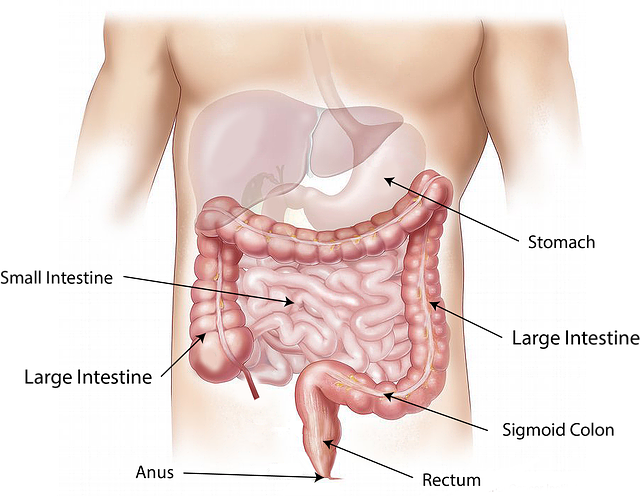A 68-year-old male presents to your care with chronic back pain. He is taking ketorolac and states that NSAIDs are the mainstay of pain relief. He won’t take opioids due to a family history of addiction. Acetaminophen and other medications he has tried in the past just didn’t do much. He was recently told that NSAIDs can worsen some stomach conditions and he reports that many years ago he did have a stomach ulcer. He questions if this is true and what he should do about it? So what can we do to reduce GI risk with NSAIDs?
This is a common problem in geriatric patients. We don’t like to use NSAIDs, but alternatives may be limited. In this situation, I definitely would worry about GI bleed risk. I wanted to identify some possible strategies to reduce the GI risk with NSAIDs.
Reduce GI Risk With NSAIDs – Dose Reduction
It may seem obvious, but the first thing I would consider is where is his pain control at. If he is reporting that he has no pain on his NSAID (which would be unlikely), the easiest thing to do is to make sure this patient is at the lowest effective dose. A small reduction in the dose should be considered and is an easy first step. Lower dose, hopefully, lower risk.
Consider a More GI Friendly NSAID
If he still is battling pain and has no desire to reduce or reductions in the past have led to more pain, a dose reduction is probably not likely. In this situation, an option I’d look at is an alternative NSAIDs that may have less GI risk. Diclofenac, ibuprofen, and celecoxib likely would have lower GI risk and might be considerations after reviewing his past medical history. Whenever considering changes with NSAIDs, we must also consider cardiovascular and renal risks. Ketorolac is one of the highest GI risk medications and does have a boxed warning.
Protect the GI Tract
GI protection should be looked at in patients who require long term NSAID therapy and have risk factors for GI bleed. This would be another option in this patient. Considering GI bleed protection by using a PPI or H2 blocker would also be on the table in this situation.
Review that Med List!
Reviewing other medications that may increase GI bleed risk is very important. I have seen numerous patients who take duplicate NSAID therapy. What usually happens is they get placed on a prescription NSAID and the relief is inadequate for them and they supplement with more OTC analgesia (ibuprofen, naproxen). Keep an eye out for this.
Other agents to think about include any medications that will increase bleeding risk. Antiplatelets and anticoagulants are two of the most commonly used classes.
What else would you consider in this patient?!



Hi! Do you know of any literature re: H2 blocker and its efficacy ISO NSAID GI prophylaxis?
There was an interesting study on GI bleed in this setting, but I haven’t located any trials that specifically look at H2’s and NSAIDs… https://acphospitalist.org/weekly/archives/2018/06/06/2.htm#targetText=For%20stress%2Dulcer%20prophylaxis%20in,)%2C%20a%20recent%20study%20found.